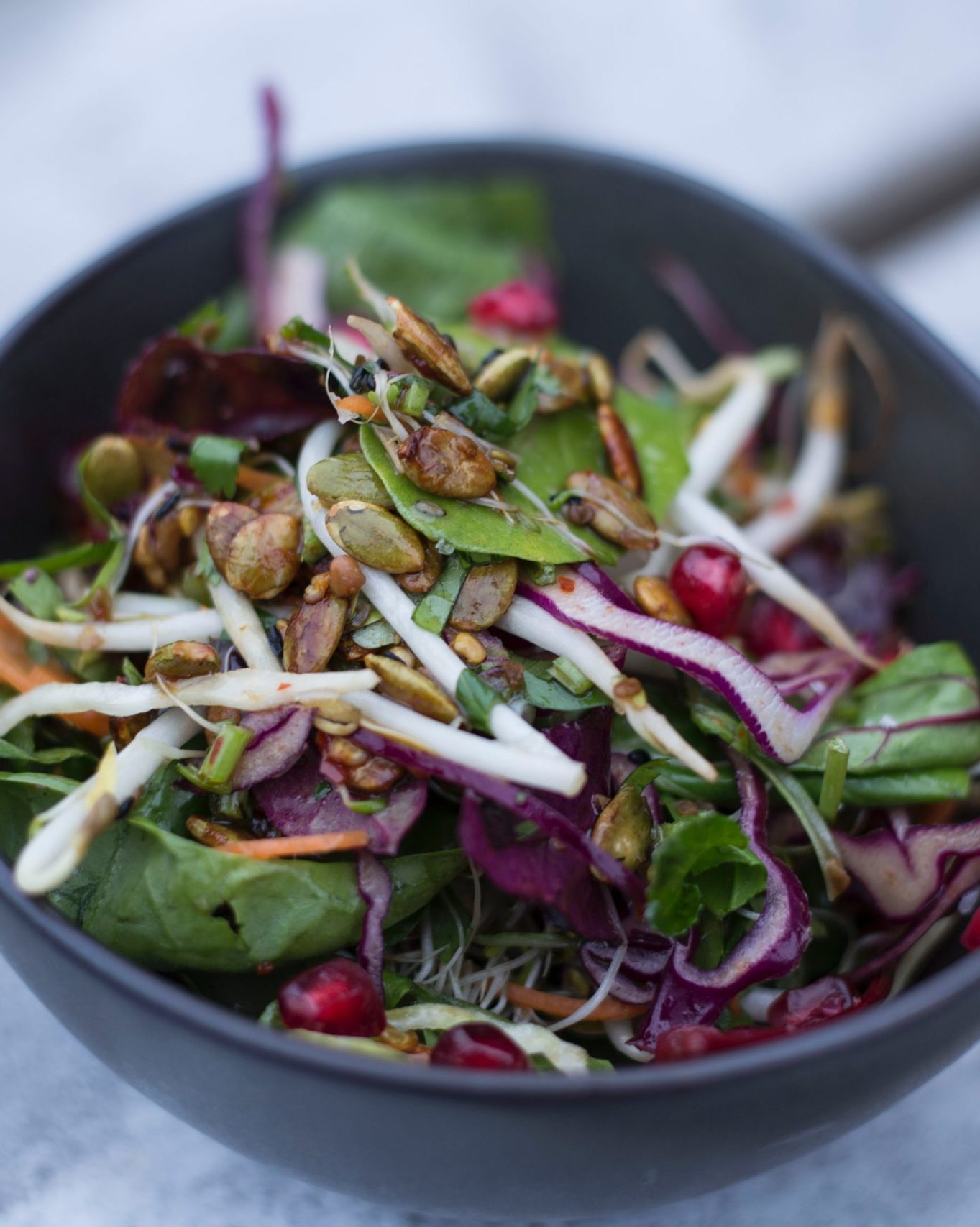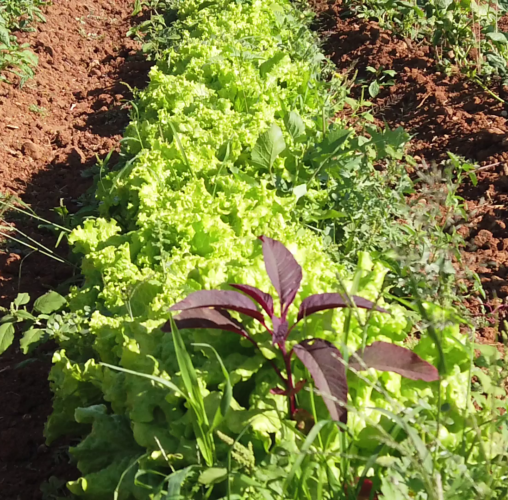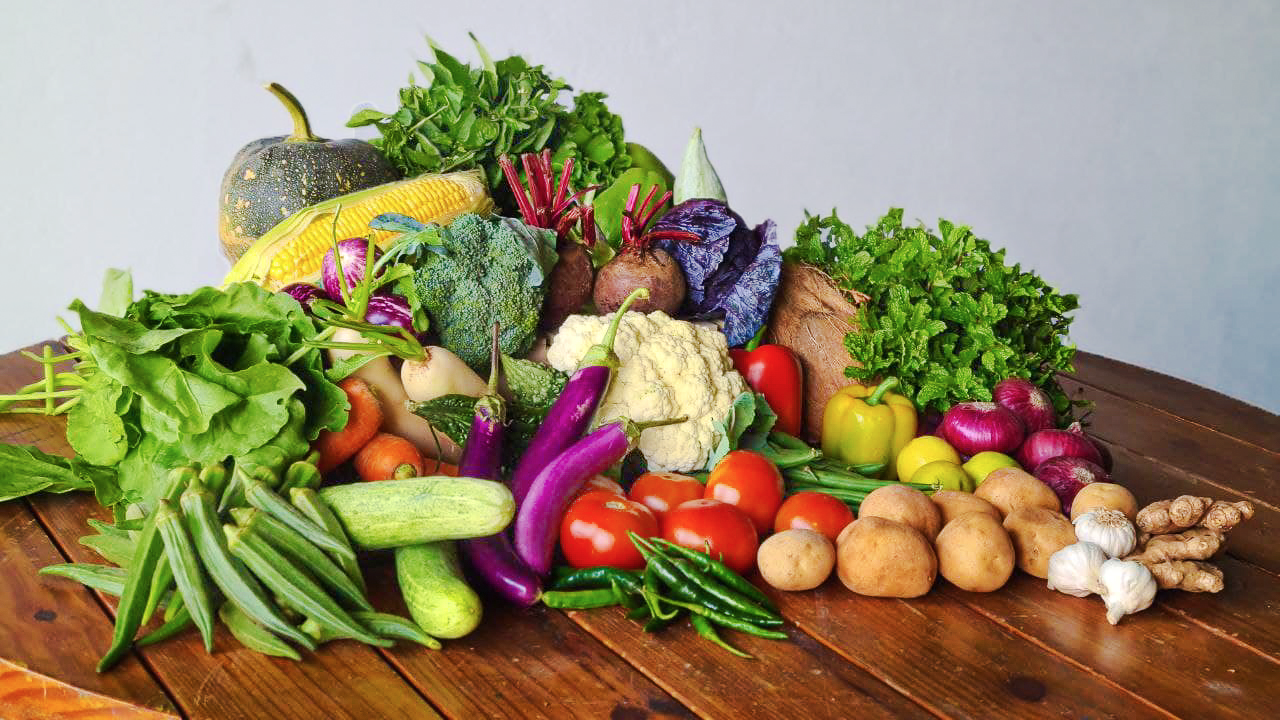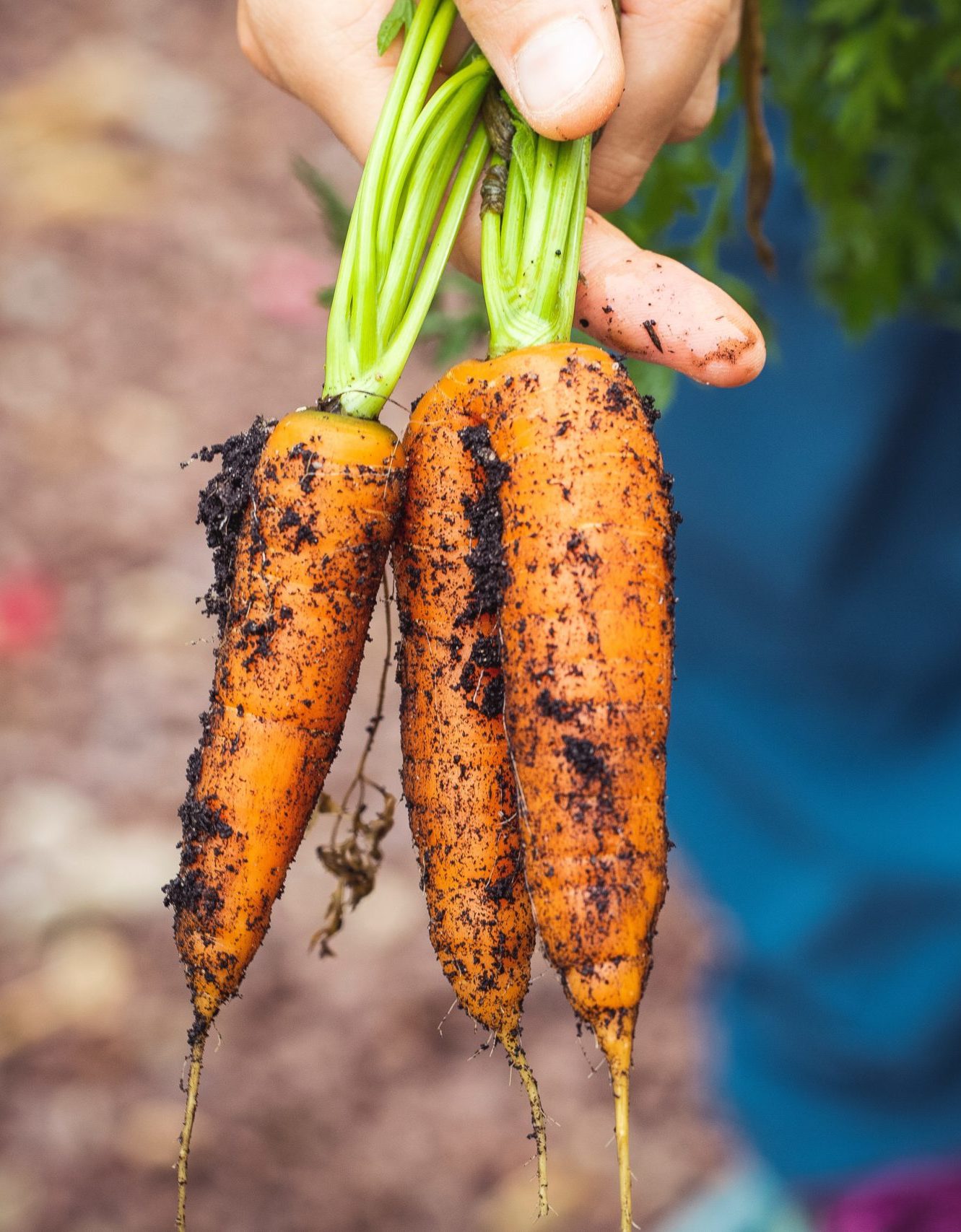There is no clear definition of a what constitutes a whole-foods, plant-based diet (WFPB diet). The WFPB diet is not necessarily a set diet — it’s more of a lifestyle.
This is because plant-based diets can vary greatly depending on the extent to which a person includes animal products in their diet.
Nonetheless, the basic principles of a whole-foods, plant-based diet are as follows:
- Emphasizes whole, minimally processed foods.
- Limits or avoids animal products.
- Focuses on plants, including vegetables, fruits, whole grains, legumes, seeds and nuts, which should make up the majority of what you eat.
- Excludes refined foods, like added sugars, white flour and processed oils.
- Pays special attention to food quality, with many proponents of the WFPB diet promoting locally sourced, organic food whenever possible.
- Pays special attention to food quality, with many proponents of the WFPB diet promoting locally sourced, organic food whenever possible.






